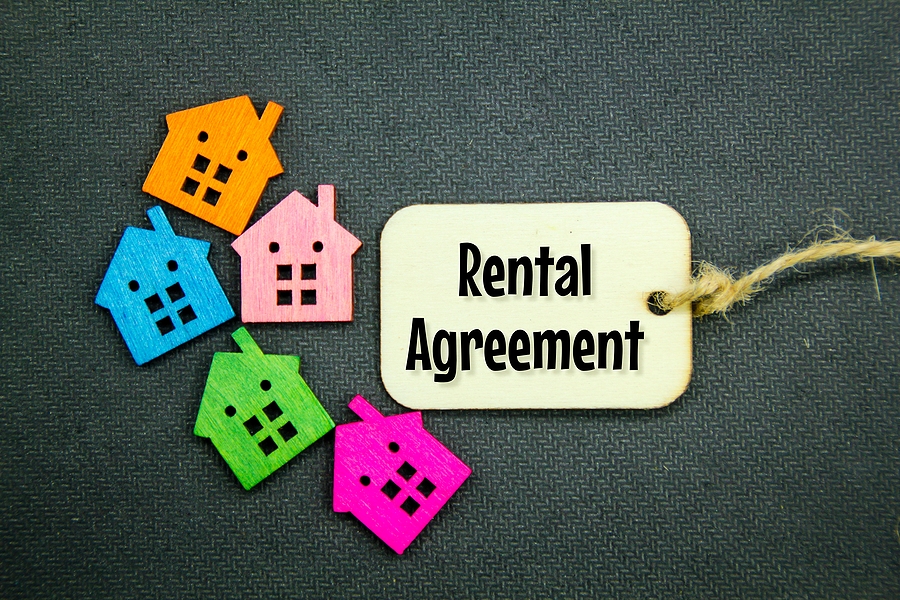Canada's Housing Affordability Plan: A Step Towards Addressing the Crisis – November 2023
Canada is grappling with an escalating housing crisis marked by soaring prices and an inadequate supply of rental properties, making homeownership increasingly elusive for many Canadians. In a bid to address these pressing challenges, the federal government has recently unveiled a comprehensive plan aimed at restoring housing affordability. This blog post delves into the key measures introduced in the fall economic update and provides insights into the reactions of various stakeholders.
The Federal Government's Housing Affordability Plan - The fall economic update, presented on November 21, 2023, outlined a multifaceted approach to tackle Canada's housing affordability crisis. The plan comprises several essential components:
- Addressing the Skilled Labor Shortage: To expedite housing construction, the government is committed to tackling the skilled labor shortage prevalent in the construction industry. This involves investments in training and apprenticeship programs to ensure a continuous supply of skilled workers capable of meeting the growing demand for housing projects.
- Financing for Purpose-Built Rental Homes: The federal government plans to allocate substantial financial resources to support the creation of purpose-built rental homes, including houses, townhouses, and apartment-style units. This infusion of funds aims to kickstart housing construction and expand rental options for Canadians seeking affordable accommodations.
- Crackdown on Short-Term Rentals: Short-term rental platforms like Airbnb and others have contributed significantly to the scarcity of long-term rental properties. To counteract this trend, the government is implementing measures to discourage short-term rental operators. This includes denying them income tax deductions for expenses in regions where short-term rentals are prohibited. Additionally, a budget of $50 million over three years will be designated to support municipal enforcement of short-term rental restrictions.
The response to the federal government's housing affordability plan has elicited mixed reactions from various stakeholders:
Advocates of Affordable Housing: Advocates have cautiously welcomed the new measures as promising steps in the right direction. However, they emphasize that the housing crisis is a monumental problem necessitating even more substantial solutions. Richard Lyall, president of the Residential Construction Council of Ontario for instance, aptly noted that while billion-dollar fixes are being proposed, the affordability issue amounts to a trillion-dollar problem.
Realtors in general appear to have enthusiasm for the proposed measures, particularly those aimed at revitalizing housing construction. They have commended the government's commitment of $15 billion in low-cost loans for new purpose-built rentals and an additional $1 billion dedicated to new non-profit housing.
Toronto Mayor Olivia Chow, however, has voiced disappointment regarding the increased housing investments, deeming them "not ambitious enough." She underscores the urgency of addressing the housing crisis and the need for more substantial financial support.
A significant aspect of the government's plan revolves around addressing the detrimental impact of short-term rentals on the housing market. In 2020 alone, it is estimated that nearly 19,000 homes in major cities were converted into short-term rentals, diminishing the availability of long-term rental housing and adversely affecting supply. The government's measures to curb short-term rentals are designed to redirect these properties back into the long-term rental market, benefiting Canadians in need of stable housing.
Recognizing that housing supply has failed to keep pace with the growth of Canadian communities, especially in the rental housing sector, the government is taking steps to encourage new development. Builders will gain access to low-cost financing through the Apartment Construction Loan Program, supported by an additional $15 billion in funding intended to facilitate the creation of 30,000 new rental homes. This initiative aims to provide relief to the middle class and contribute to the expansion of affordable rental options.
Acknowledging the bureaucratic hurdles that hinder housing development, the government is committed to streamlining approval processes and reducing red tape. The Canada Mortgage and Housing Corporation (CMHC) intends to simplify requirements and expedite the approval of shovel-ready projects and applications from trusted partners. Eliminating zoning, financial, and regulatory barriers is crucial to incentivizing construction, especially in the realm of rental and affordable housing.
Canada's housing affordability plan represents a significant stride toward addressing the pressing housing crisis. With a primary focus on increasing housing supply and supporting rental housing initiatives, the plan has garnered a mix of responses from stakeholders. While some have welcomed these measures as positive steps, others argue that more extensive efforts are needed to truly alleviate the crisis. The government's commitment to streamlining processes and reducing barriers signals a dedication to delivering effective solutions and creating more homes, faster, for Canadians in dire need of housing security. Stay tuned for a discussion of specific insights related to the Calgary rental market in our next segment.




